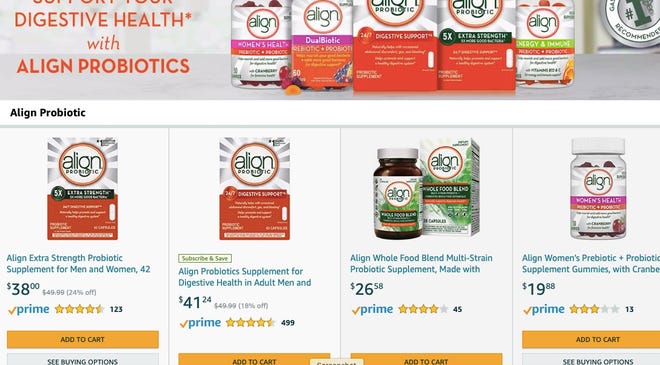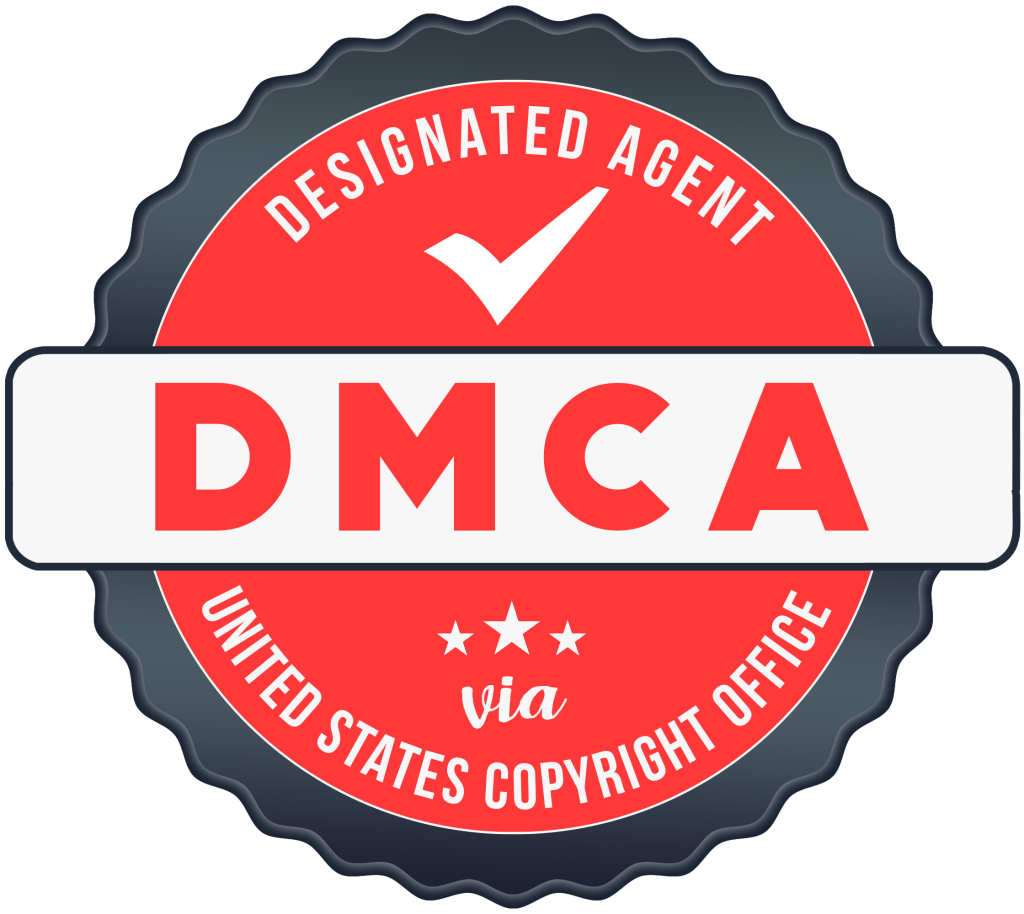Dietary Products
Among the many prime emails that flooded Amazon’s customers’ inboxes during 2019’s prime day, one stood out.
Amazon informed customers that they had discovered that Align Dietary Product Brand supplements supplied to many innocent customers, were actually fake and potentially harmful.
Align is a Procter & Gamble brand and was being counterfeited by a third party seller on Amazon who was duping innocent customers into purchasing potentially harmful knockoff dietary supplements. A few months later, Nutramax Laboratories warned their customers that fake Avmacol supplements were being sold on Amazon and could be extremely toxic.
Dietary Product Brand supplements are particularly vulnerable to counterfeiting because they are not classed as drugs, so they’re not as regulated as the pharmaceutical industry but not as safe and understood as regular food products.A dietary supplement is anything taken in pill, capsule or liquid form to supplement your diet. This wide ranging definition encompasses vitamins, minerals, drugs and literally anything that someone wants to sell you.
The problem is that the world of dietary supplements is so niche that there are no regulating bodies and many consumers are not knowledgeable enough to be able to make truly informed decisions about which supplements are genuine.
Counterfeit dietary products are potentially the most harmful form of counterfeiting. The products are literally ingested by the consumer. Amazon very rarely warns it’s customers about counterfeit goods, preferring to shut down the traders quietly. But they made an exception for Align because the effects were potentially catastrophic.
Under DSHEA, the Dietary Supplement Health and Education Act of 1994 the manufacturers and distributors of supplements are legally responsible for the safety and quality of the dietary ingredients, and to list the ingredients clearly however they do not have to receive FDA approval for new supplements.
The good news is that counterfeit dietary products are not so common, but how can you know that what you’re buying online is the real deal and not a harmful substance? How can consumers avoid playing Russian roulette when buying supplements?
Large platforms like Amazon and Facebook simply do not have the manpower nor the will to tackle the issue. It’s up to the consumer and the manufacturers and sellers to deal with the problem.
When shopping online, consumers should be careful to check the identity of the seller against legitimate companies and manufacturers. Always do your homework and buy from reputable sources.
Secondly, Manufacturers should invest in product seals to verify their products so that customers can rely on unduplicable methods to verify the authenticity of their dietary supplements.
Manufacturers should invest in patenting and trademarking their branding and packaging so that consumers can tell at a glance what’s fake and what’s not. A brand protection service like ours can protect your customers and your revenue with an aggressive brand protection approach so that we can shutdown counterfeiters before they harm your customers and revenue.
Top 6 Bodybuilding Exercises For Men – Bodybuilding Exercises For Men | BodyBuilding eStore halotestin steroid ifbb world amateur bodybuilding – home – elite pro ifbb
Related Article: Here are FDA Warnings On Specific Tainted Dietary Products
Related Articles:



